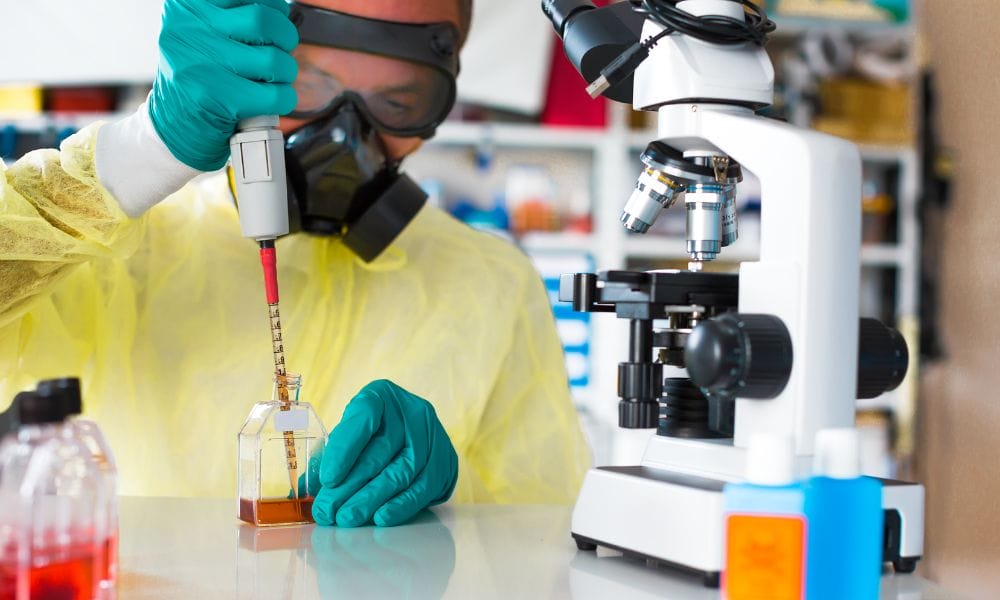Drug development is experiencing a massive shift toward digitalization. From artificial intelligence to tech partnerships, new trends and strategic changes transform the industry. Understand what to expect in the future of drug development for evolving practices.
Technology Advancements
It’s no surprise that the future of drug development relies on technology. Advancements offer groundbreaking ways for the medical industry to research, create, and test medications. Scientists can compute patient data to streamline production and create new products that treat conditions.
Tech advancements are improving drug development through artificial intelligence (AI), bioprinting, additive manufacturing, and much more! The goal is to optimize patient care and improve efficiency. New technology can support on-demand drug production, reduce manufacturing errors, and accelerate clinical trials.
Biopharmaceutical Partnerships
Drug development is a lengthy process, taking years to complete research and clinical trials. Pharmaceutical companies partner with the tech industry for support in shortening timelines. Expect a continuous rise of digital technology and biopharmaceutical company partnerships. The objective is to streamline the drug development process while serving patients who need medicines the most.
Pharmaceutical and technology collaborations help pharmaceutical companies adopt a new mindset toward drug development and realize how efficiency supports the entire industry.
Optimized Manufacturing
Optimized manufacturing is another thing to expect in the future of drug development. Before machine advancements, manufacturers processed drug batches in large, stainless-steel bioreactors. Processing a new batch was time-consuming and required them to follow many regulations.
Today, manufacturers can produce material in smaller batches using disposable, single-use bioreactors. This decreases manufacturing time from weeks to days! As advancements continue, testing will likely move online, which speeds up the final product. Medicines will go to pharmacy shelves and patients faster than ever.
Innovative Clinical Trial Models
Traditional clinical trials require several physical study sites with multiple patient visits. Not only is this time-consuming, but it’s also expensive. The industry switched to virtual clinical trials to cut costs and optimize trials. In virtual clinical trials, patients can participate from home and record data remotely through monitoring devices or smartphone apps.
Some trials incorporate smart contracts that allow patients to share their health data online. Researchers will also have access to their personal health information; consent can enhance patient counseling and measuring clinical endpoints.







